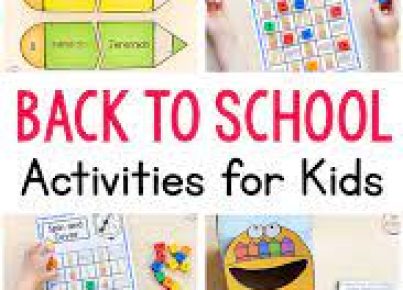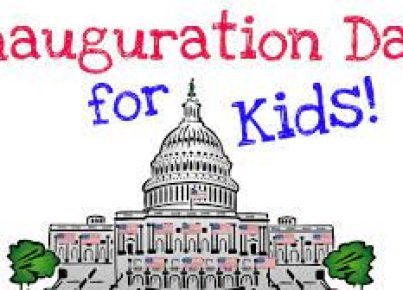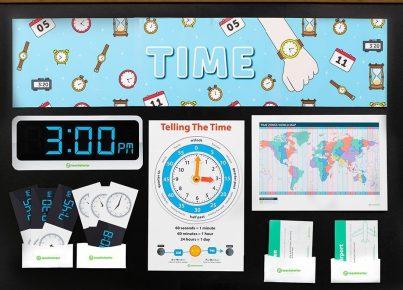Introduction:
Responsibility is an important value that should be taught to children from a young age. It helps them develop a sense of accountability and ownership towards their actions and decisions. Here are 22 activities that can help elementary students understand the importance of responsibility.
1. Chore Chart: Create a chore chart with daily tasks assigned to each student. This will teach them how to manage their time and understand that they are accountable for their actions.
2. Group Projects: Encourage students to work together on projects, which promotes teamwork, collaboration, and responsibility for the success of the group.
3. Clean-Up Time: Allocate a specific time each day for students to clean their desks and classrooms, instilling a sense of pride and responsibility in maintaining their environment.
4. Peer Buddies: Assign students a ‘peer buddy’ who they are responsible for helping with tasks or assignments. This strengthens relationships while teaching responsibility.
5. Problem Solving Scenarios: Provide students with real-life scenarios which require them to use critical thinking skills and take responsibility for resolving issues.
6. Journal Writing: Encourage students to write daily in their journals about personal experiences, reflect on what they’ve learned, and discuss what responsibilities they have in different aspects of life.
7. Goal Setting: Help students set achievable goals and create timelines to take responsibility for their own progress.
8. Role-Playing: Use role-playing activities to explore different situations where responsibility is required, letting children practice problem-solving skills in a safe environment.
9. Volunteer Opportunities: Arrange for students to participate in volunteer activities within the local community, fostering a sense of social responsibility.
10. Classroom Jobs: Assign various classroom jobs such as board cleaner, librarian or line leader so they learn the importance of taking on responsibilities within a group setting.
11. Reward System: Implement a rewards system based on completion of responsibilities, reinforcing positive behavior and consistency.
12. Storytime: Share stories about characters who demonstrate responsible behavior and discuss how they can apply those traits to their own lives.
13. Responsibility Pledge: Write a responsibility pledge that students can recite daily, encouraging reflection on their commitments.
14. Punctuality Challenges: Encourage punctuality by challenging students to arrive on time for class and rewarding those who maintain the habit over time.
15. Responsible Money Management: Teach basic budgeting skills through fun activities like setting up a mock store, giving students an understanding of managing their resources responsibly.
16. Environmental Education: Teach students about recycling, conserving water and energy, and encourage responsible habits in caring for the planet.
17. Time Management: Use timers during activities to help students learn to manage time efficiently, demonstrating that being responsible includes meeting deadlines.
18. Team Sports: Participating in team sports teaches camaraderie, teamwork, and personal responsibility for the success of the group.
19. Home-Life Connections: Encourage parents to support responsibility lessons at home by sharing classroom expectations and activities.
20. Classroom Debate: Organize debates on various topics that require research and logic, guiding students towards being accountable for their argument’s legitimacy.
21. Reflection Time: Create time for reflection after completing tasks, allowing students to recognize their strengths and weaknesses when it comes to responsibility.
22. Student-Led Conferences: Have students lead parent-teacher conferences where they discuss their progress, goals, and responsibilities – providing ownership of their educational journey.
Conclusion:
Teaching responsibility is a crucial aspect of character development in children. By incorporating these engaging activities into your elementary classroom curriculum, you will help foster a sense of personal accountability and self-awareness that will benefit them throughout life.





